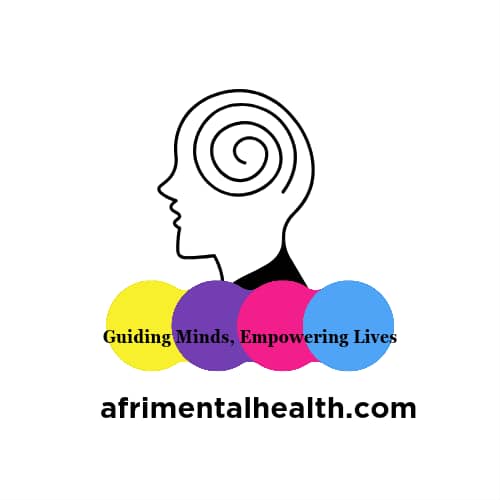Changing your sleep habits and issues such as stress, medical issues or medicines can help in Getting a peaceful sleep. If this does not work, you doctor may recommend therapy or certain medications. There are various ways used to treat insomnia which includes:
Cognitive behavioral therapy (CBT)
CBT can help you control or stop negative thoughts or actions that stop you from sleeping. This is the most preferred treatment for insomnia and is used as the first treatment. CBT has proven to be more effective more than sleep medications. Strategies used in CBT include:
- Sleep restriction. This is when reduce the time you spend in bed during the day. This helps you to be tired in the night, making it easier to sleep at night. When your sleep improves, you can then gradually increase your time in bed.
- Stimulus control therapy. With this method, you train your mind and body to sleep better and not to fight sleep.
- Relaxation methods. This method helps you control your breathing, heart rate and muscle tension so you can relax. Muscle relaxation and biofeedback and breathing techniques can help you lower anxiety at bedtime.
- Remaining passively awake: This strategy is also called paradoxical intention, and it aims to reduce your worry and anxiety about being able to sleep. This helps you reduce your extreme focus on not being able to sleep, making it easier to fall asleep.
Prescription medicines
There are prescription pills that can help you sleep better at night. These are not generally recommended to be used for more than a few weeks. The options for treating people with insomnia include triazolam, Sonata, Eszopiclone, Ramelteon, Temazepam, suvorexant, doxepin hydrochloride and Zolpidem tartrate. Prescriptions sleeping can be addictive, cause daytime grogginess and creating a higher risk of falling. Ask your doctor about the side effects before you take them.
LIFESTYLE AND HOME REMEDIES
- Stay active: Regular exercise can help you sleep better at night. Avoid activities that use a lot of energy too close to bedtime.
- Follow a sleep schedule. Go to bed at the same time everyday.
- Limit or stop taking naps during the day
- Do not use caffeine, alcohol and nicotine.
- find ways to relax
- find a comfortable bed to sleep on
- Do not eat large meals or drink a lot of fluids before bed
- Get out of bed when sleeping
